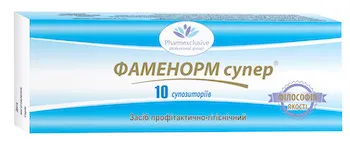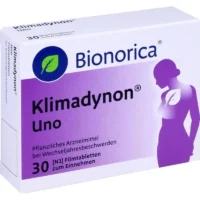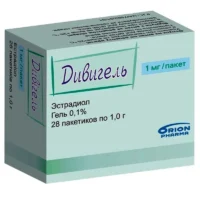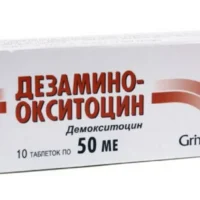Description
Famenorm (Famotidine) Rectal Suppositories
Composition
Each suppository contains: famotidine 20mg, lactose, microcrystalline cellulose, croscarmellose sodium, magnesium stearate.
Mechanism of Action
Famotidine is a histamine-2 receptor antagonist that works by reducing the production of stomach acid.
Pharmacological Properties
Famotidine inhibits gastric acid secretion by competitively blocking histamine H2 receptors on the parietal cells in the stomach.
Indications for Use
Famenorm suppositories are indicated for the treatment of gastroesophageal reflux disease (GERD), peptic ulcers, and pathological hypersecretory conditions.
Contraindications
Do not use Famenorm suppositories if you are allergic to famotidine or any other ingredients in the product. Consult a healthcare professional before use.
Side Effects
Common side effects may include headache, dizziness, constipation, and diarrhea. If you experience severe side effects, discontinue use and seek medical attention.
Usage Instructions
For adults, insert one suppository into the rectum once daily before bedtime. Wash hands before and after use. Consult a healthcare professional for appropriate use.
Benefits Compared to Analogues
Famenorm suppositories offer targeted relief for gastrointestinal conditions with the advantage of rectal administration, potentially reducing systemic side effects associated with oral medications.
Suitable Patient Groups
Famenorm suppositories are suitable for adult patients. Consult a healthcare provider for guidance on the use of this product in specific patient populations such as children and the elderly.
Storage and Shelf Life
Store Famenorm suppositories in a cool, dry place away from direct sunlight. Check the expiration date on the packaging and do not use the product if expired.
Packaging Description
Famenorm suppositories are available in a pack of 10 units. Each suppository is individually wrapped for single use.
Clinical Evidence and Proven Effectiveness
Famotidine has demonstrated efficacy in treating acid-related conditions such as GERD and peptic ulcers. Research published in the Journal of Gastroenterology highlighted the effectiveness of famotidine in reducing gastric acid secretion.





